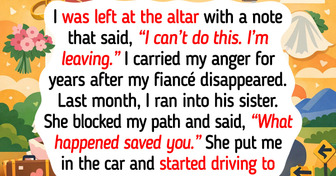I am so sorry for your heartbreak. Your mother was intentionally cruel then gaslit you by just claiming to be honest. I wish you the best in your pursuit of motherhood however that evolves. You may decide to become a foster mom, try surrogacy, become a pet parent etc. Trust your gut. Mourn your loss. Embrace other mother figures if they come into your life.
I Refuse to Forgive My Mom—She Called My Infertility “Karma”
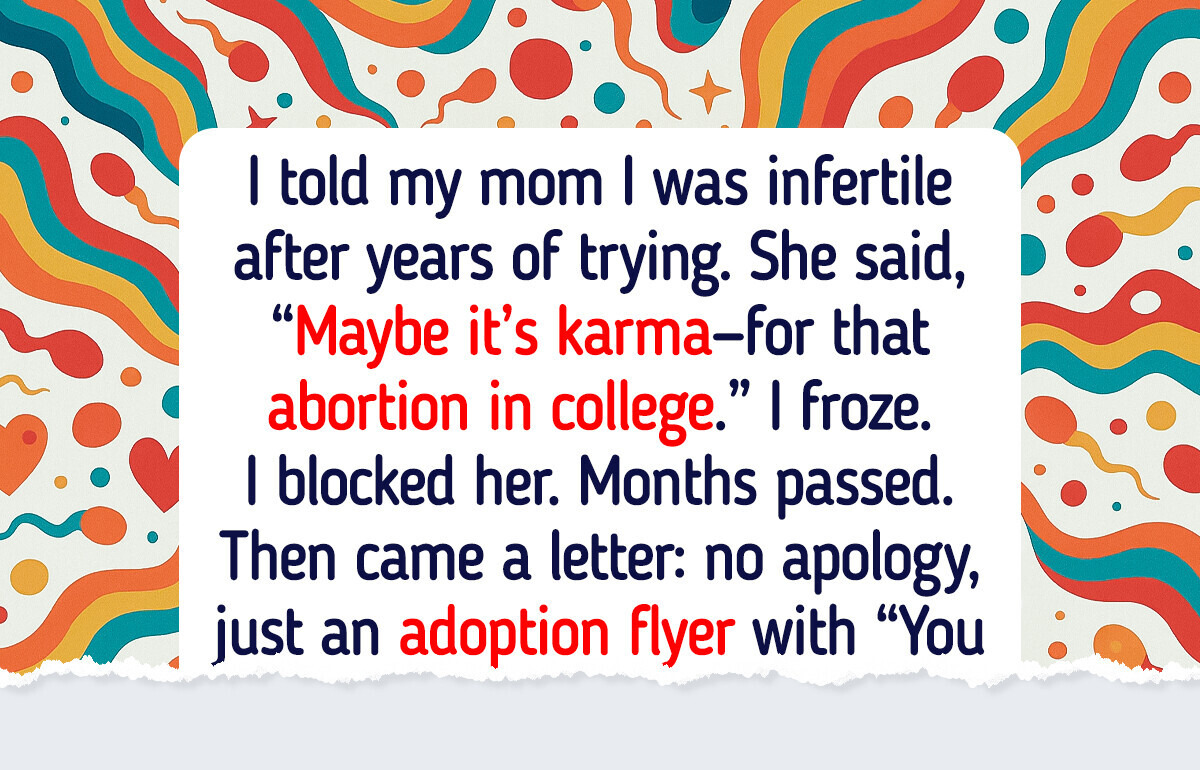
We recently heard from a reader who shared a deeply personal story—one that started with heartbreak and ended with something colder than silence. After years of trying to conceive, she faced a painful diagnosis and turned to her mother for support. What she got instead was judgment disguised as honesty—and a response that cut even deeper than the diagnosis itself.
The letter with her own words.
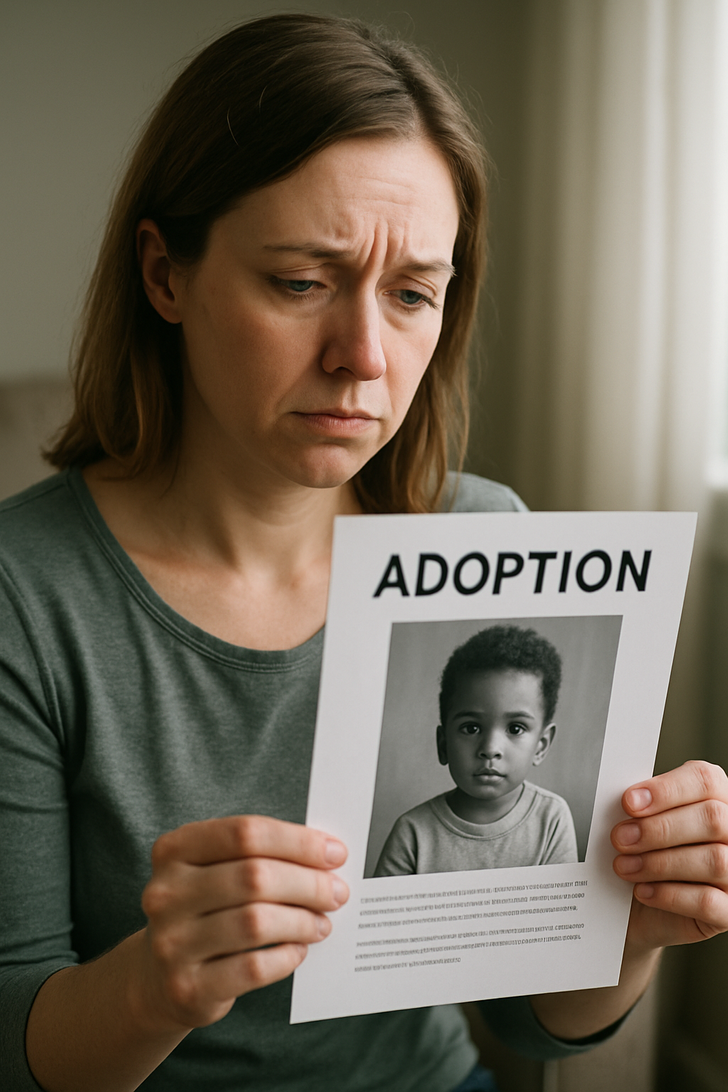
I was diagnosed with infertility after years of trying. It shattered me. I finally opened up to my mom, hoping for comfort. She said, “Well, maybe it’s karma for getting that abortion in college. Life has a way of teaching us lessons.”
I didn’t speak. Just left.
Months later, I cut her off completely. No calls, no visits. She kept texting, saying I was being dramatic and “punishing her for being honest.” I blocked her.
Then last week, I got a letter in the mail. No apology—just a printed flyer for an adoption agency, circled with: “You still have options.”
I laughed. Then cried.
And threw it straight in the trash.
The Silent Struggle: How Infertility Impacts Mental Health

Infertility affects millions—but few talk about its emotional toll. Roughly 1 in 8 couples face difficulty conceiving or carrying a pregnancy to term. Behind that statistic lies a deep psychological impact often overlooked.
According to mental health experts, infertility is more than a medical issue—it’s a profound emotional loss. Many experience waves of anger, shame, grief, and isolation, especially when surrounded by friends or family with children. This quiet heartbreak can shake a person’s identity, relationships, and daily life.
How Stress, Anxiety, and Depression Tie In
The process of trying to conceive—especially through treatments like IVF—is often filled with hope and disappointment. Research shows up to 40% of women experiencing infertility also struggle with depression or anxiety. Men are affected too, but women report significantly higher emotional distress.
Unfortunately, few seek help. One study found less than 7% of people undergoing fertility treatment get professional mental health support. Yet psychotherapy, counseling, and support groups have been shown to ease the emotional burden.
Treatments Can Affect Mood and What You Can Do to Cope

Fertility medications and procedures are physically and emotionally taxing. Side effects may include mood swings, irritability, anxiety, and depression. The repeated cycle of hope and loss only compounds the distress, especially when treatments fail.
If symptoms become overwhelming, psychiatric medication may help, but should be discussed with a doctor—some drugs can impact fertility, while others may be safer alternatives.
Ways to cope:
Allow your emotions—cry, grieve, and express frustration.
Communicate clearly with your partner; you may cope differently.
Set boundaries with family and social gatherings if they’re triggering.
Seek information to reduce uncertainty.
Join a support group to connect with others who understand.
Infertility doesn’t just break your heart—it tests every relationship around it.
Comments
Related Reads
I Reported My Childfree Coworker to HR, She Kept Shaming Me for Having Kids
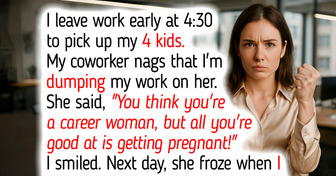
I Kicked My Stepson Out—My Son Comes First, and I Won’t Apologize
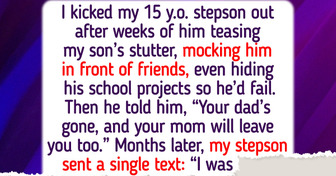
I Refuse to Take Care of My Sick DIL, I’m Not Her Full-Time Nurse
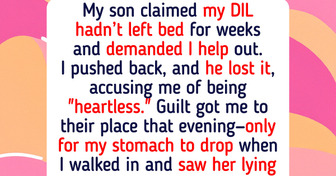
16 Tiny Acts From Strangers That Left Permanent Marks on People
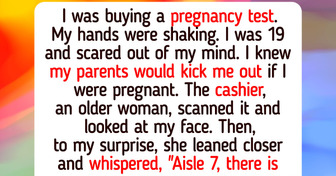
11 Touching Stories of Kind Strangers Who Became Someone’s Light
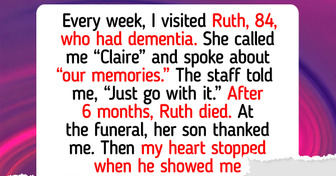
10 Teachers Who Learned Life Lessons From Their Remarkable Students
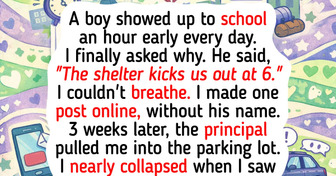
15 Moments That Prove Kindness Is the Thread Holding Life Together
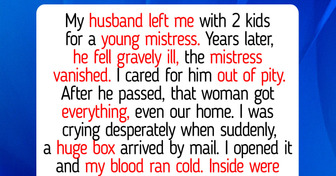
14 Quite Acts of Kindness That Changed Someone’s Life Forever

Our “Romantic” Vacation Was Hijacked by My Wife’s Family—And It Forced Us to Reevaluate Our Relationship
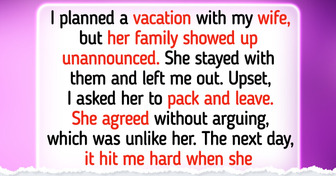
12 Moments Where Empathy Showed the Power of a Kind Heart
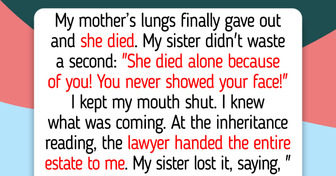
I Refused to Pay for Our Valentine’s Dinner—Then I Learned the Heartbreaking Truth

10 Times a Moment of Pure Cruelty Was Actually a Secret Act of Kindness
